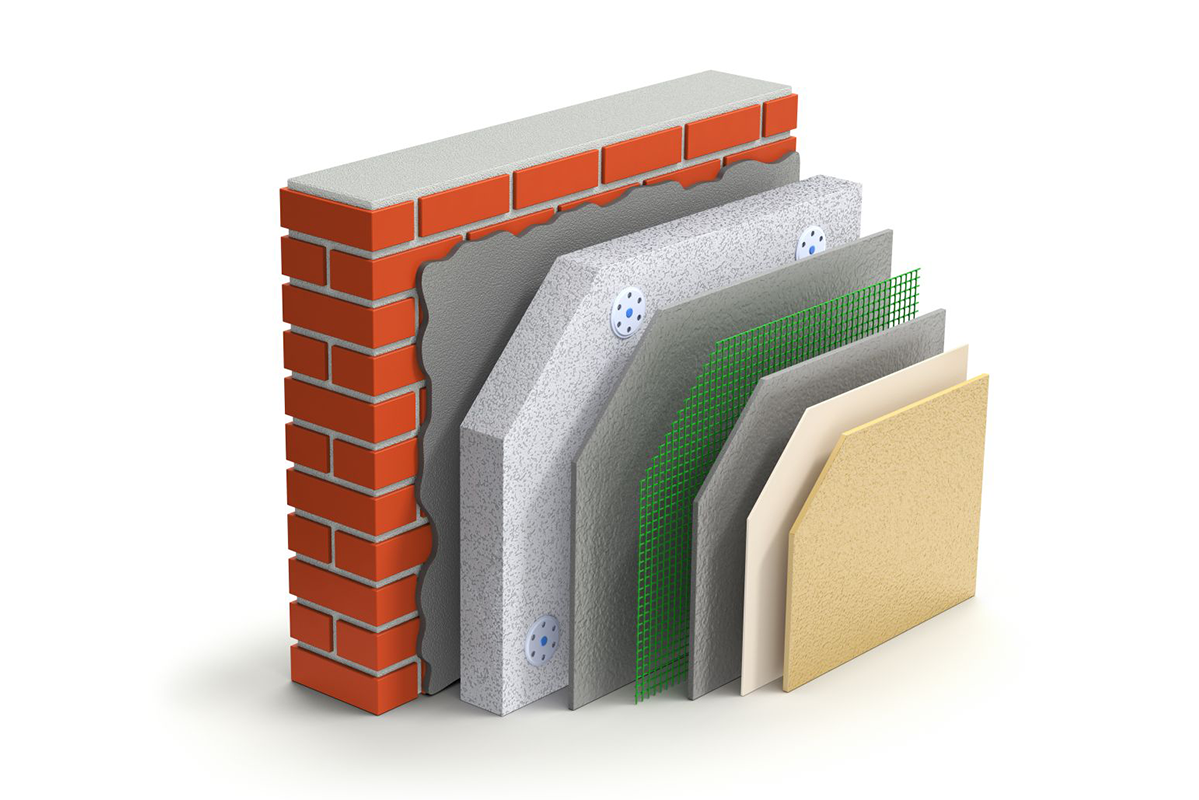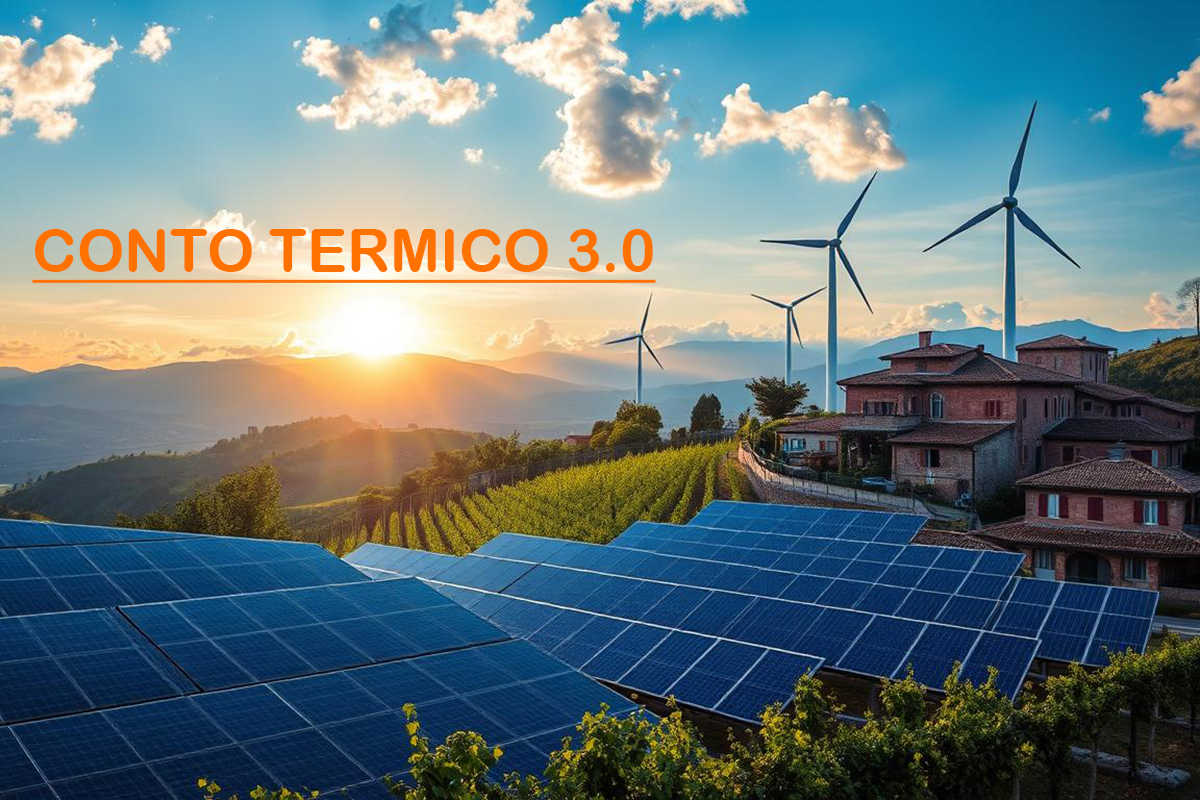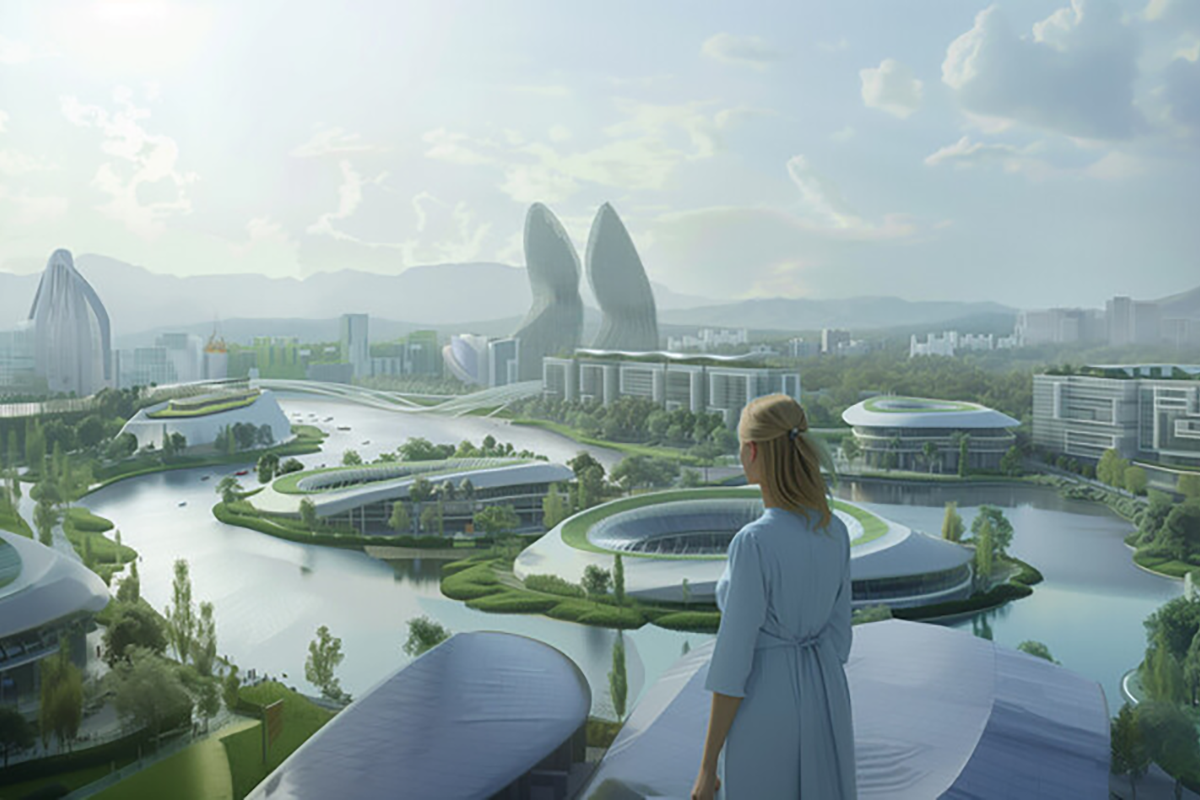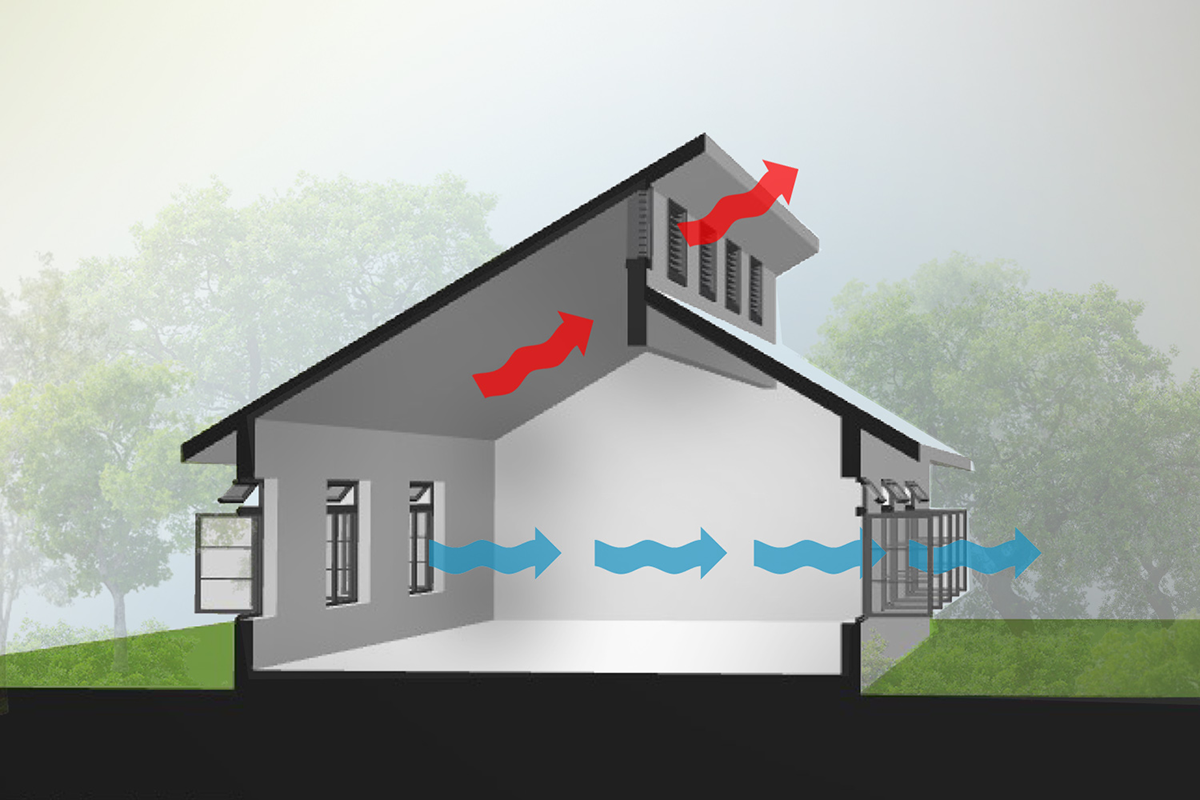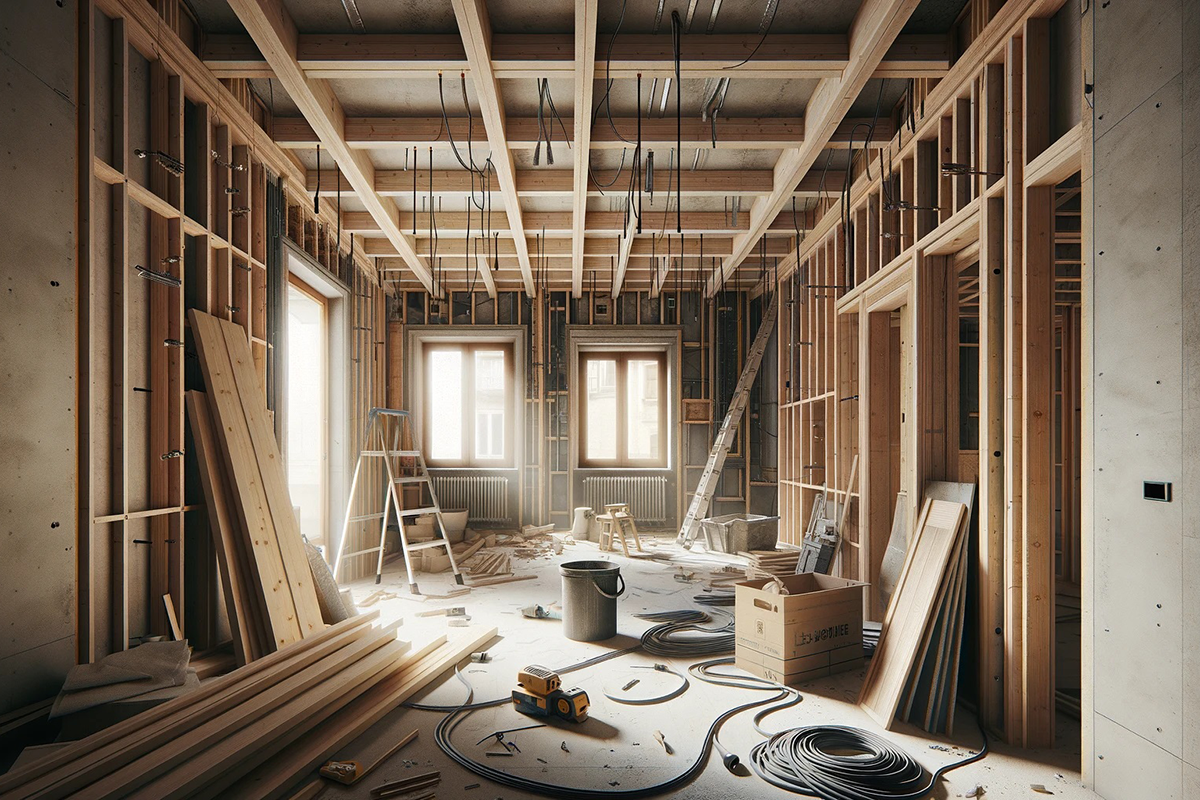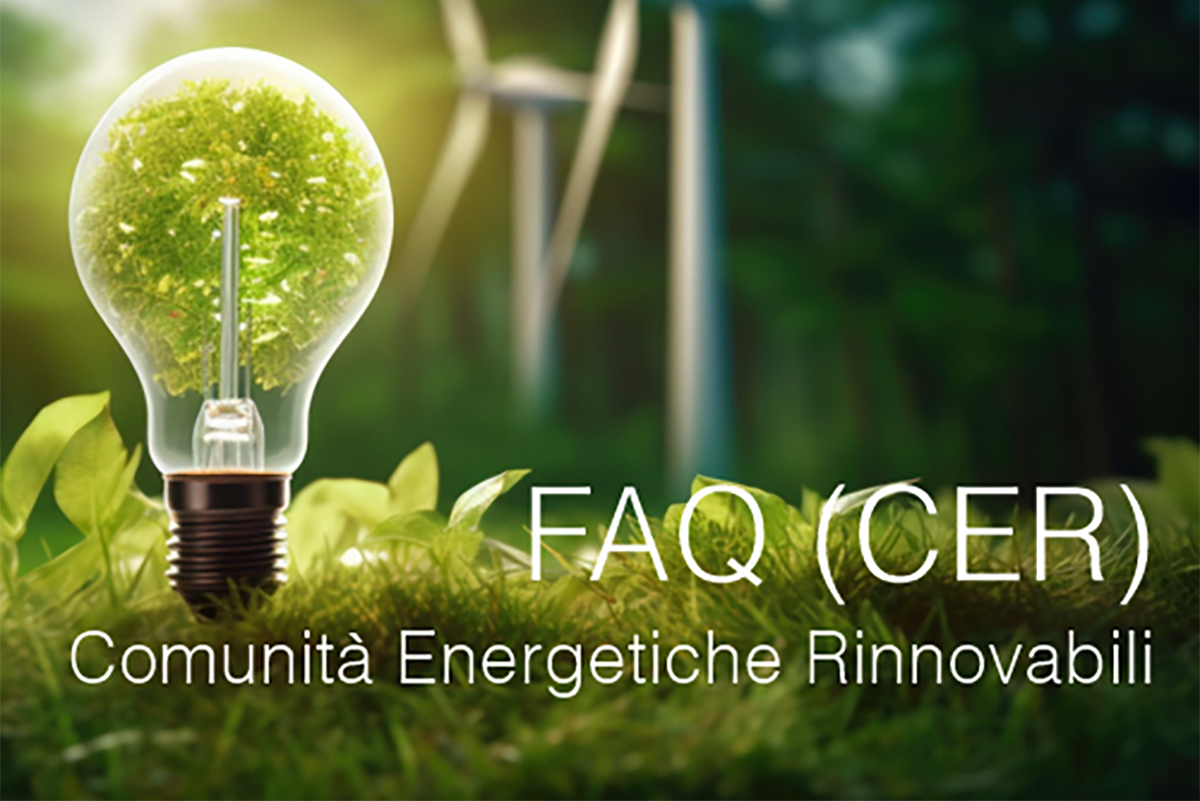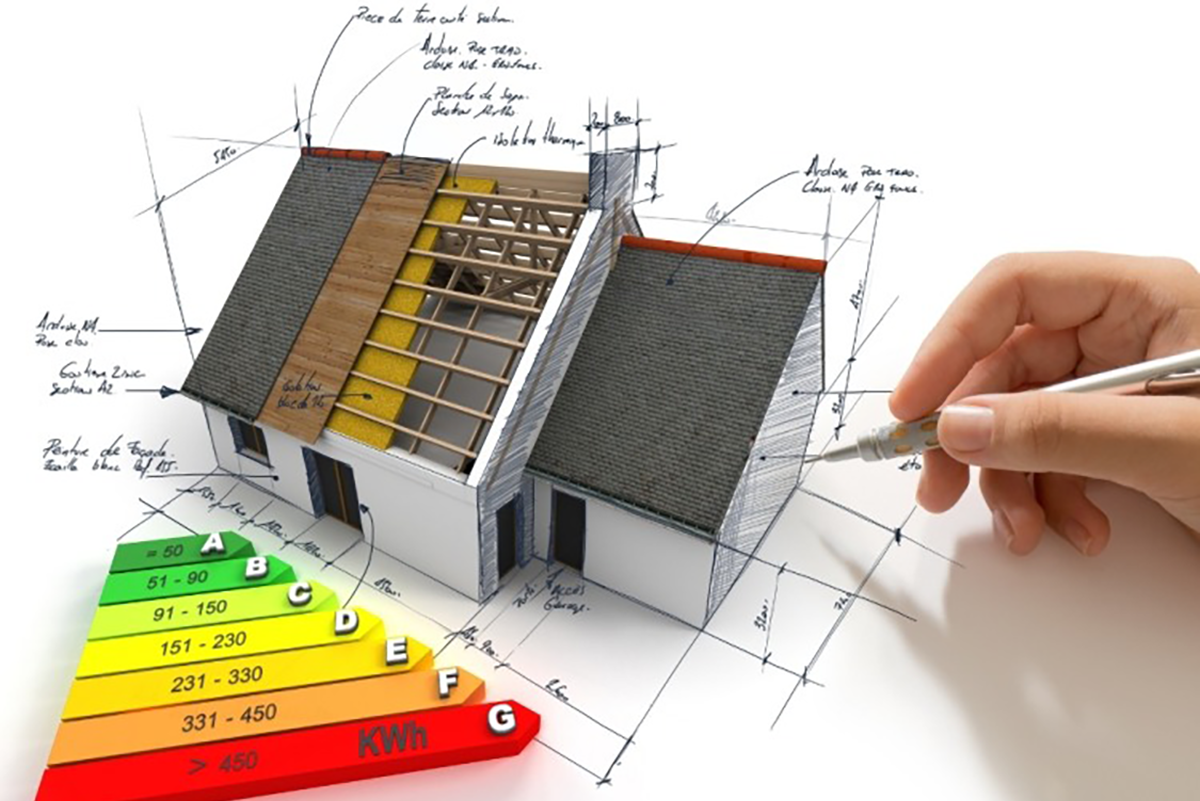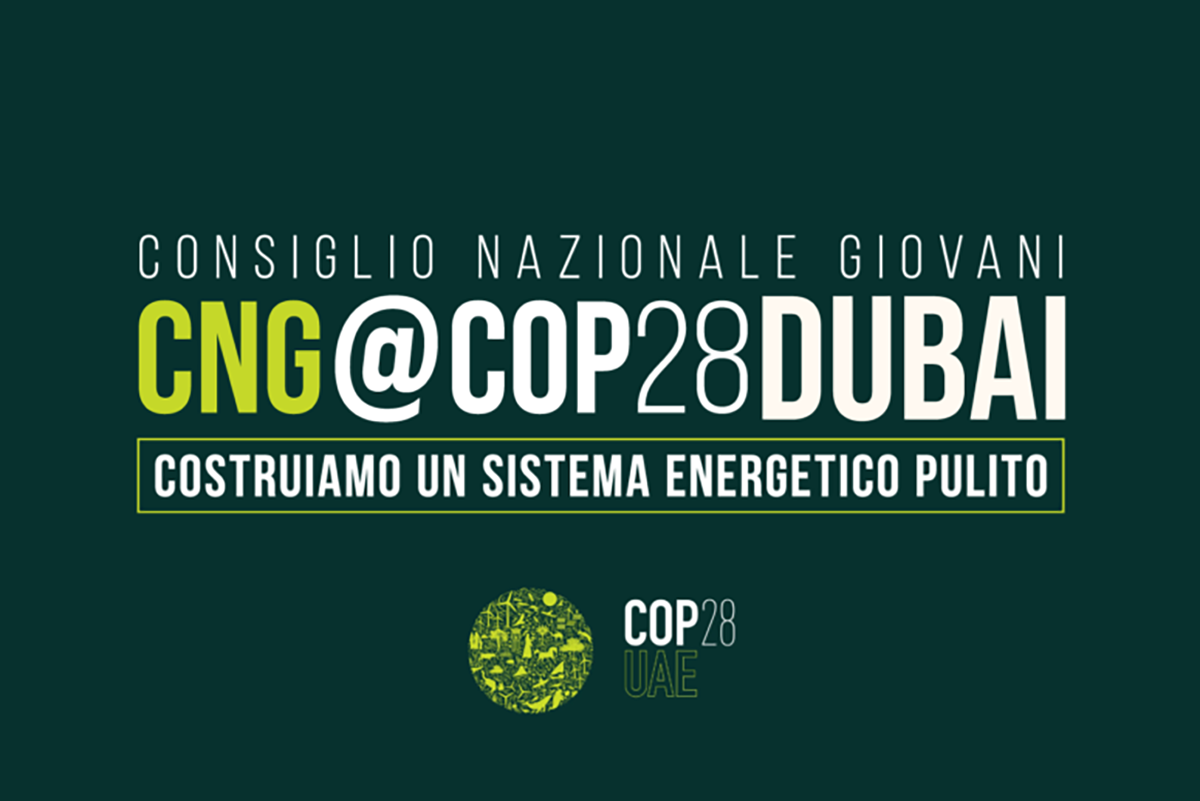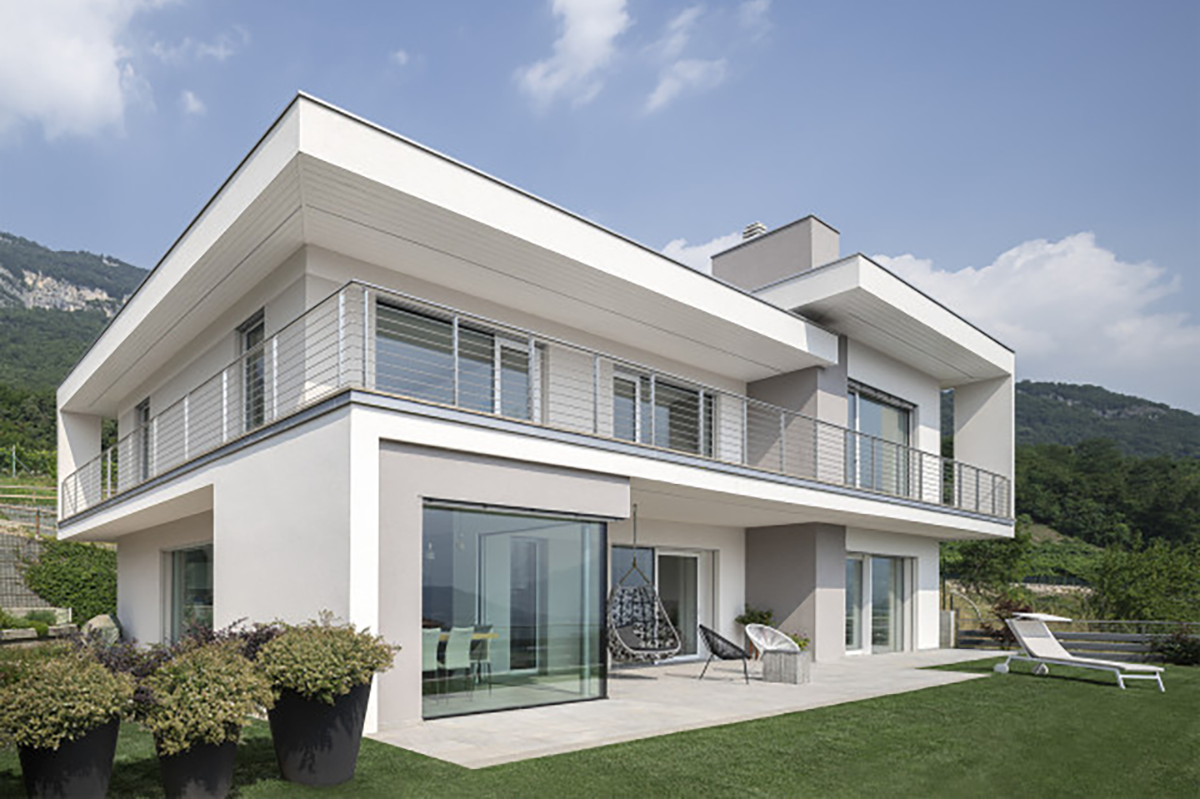News
The Façade Coating for Homes: A Modern and Sustainable Solution
When it comes to improving the energy efficiency, weather resistance and aesthetics of homes, cladding, also known as cladding thermal insulation system (ETICS), has become an increasingly popular choice. This advanced technology allows the external walls of homes to be covered with an insulating layer, helping to improve living comfort, save energy and make the building more resistant to atmospheric agents. In this article, we will explore the benefits of residential cladding and how it can help improve the quality of life and sustainability of modern homes.
WHAT IS THE FAÇADE COAT?
The facade coat is a thermal insulation system applied to the outside of the walls of a building. This system is composed of several layers, including an insulating material such as expanded polystyrene (EPS) or rock wool, a layer of adhesive, a reinforcing mesh and a finishing layer. The insulation is applied directly to the surface of existing walls, creating a protective layer that helps keep the internal temperature constant and prevents heat loss. Furthermore, the facade cladding system can be customized to meet specific thermal insulation and aesthetic design needs.
ADVANTAGES OF THE FAÇADE COATING FOR HOMES
1. Energy Efficiency: One of the main advantages of the facade insulation is the increase in the energy efficiency of the building. By keeping the internal temperature constant, it reduces the need for heating in the winter and cooling in the summer. This translates into significant energy savings and lower bills.
2. Living Comfort: Thanks to the superior thermal insulation, homes with façade insulation are more comfortable for the inhabitants. The internal temperature is constant, eliminating unpleasant drafts and cold walls.
3. Resistance to Atmospheric Agents: The facade coat protects the walls from humidity and the action of atmospheric agents, helping to preserve the structural integrity of the building over time. This can reduce long-term maintenance costs.
4. Custom Aesthetics: Façade systems offer a wide range of finishes and colors, allowing owners to customize the exterior appearance of their homes. This aspect is particularly important for those who want a specific design or want to adapt the building to the surrounding context.
5. Environmental Sustainability: Improving energy efficiency reduces the environmental impact of the building, contributing to the reduction of greenhouse gas emissions. Furthermore, many insulating materials used in facade cladding systems are environmentally friendly and recyclable.
FINAL CONSIDERATIONS
The facade coat is a modern and sustainable solution to improve the energy efficiency and resistance of homes to atmospheric agents. This system not only reduces long-term energy costs, but also contributes to the comfort and quality of life of the inhabitants. Furthermore, the customizable appearance of the facade coat allows it to satisfy the aesthetic needs of each owner. Considering the environmental, economic and comfort advantages, the facade coat is a smart choice for anyone who wants to improve their home.
